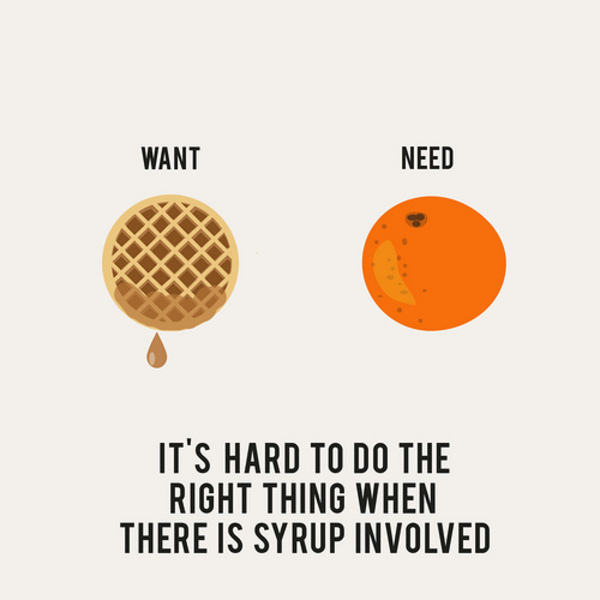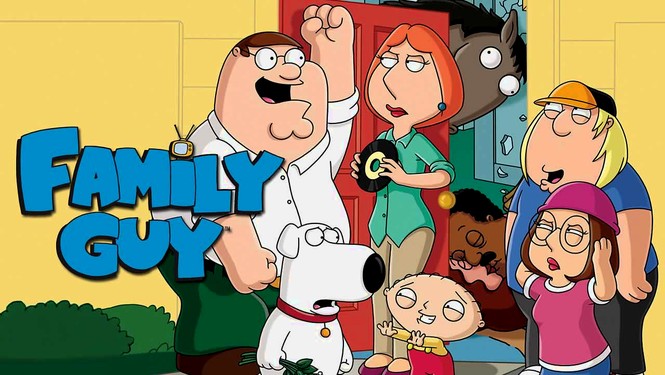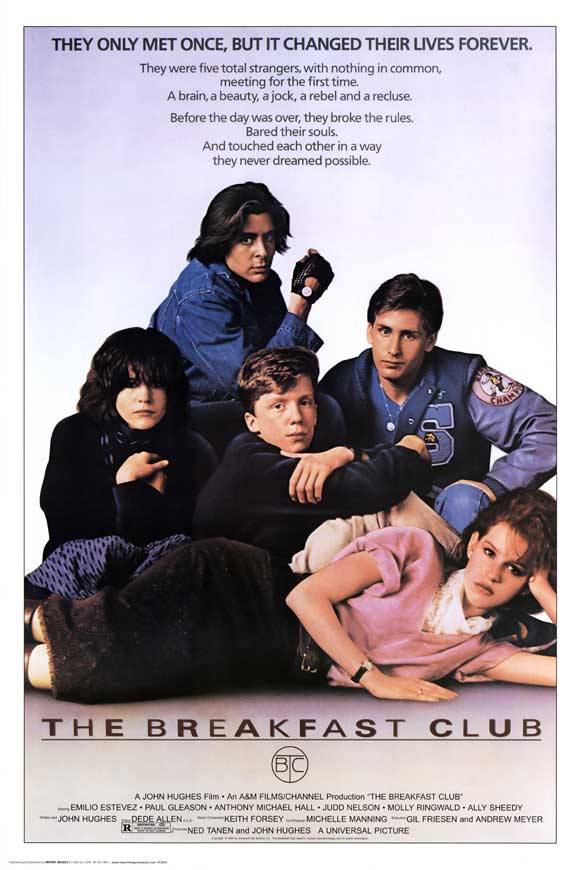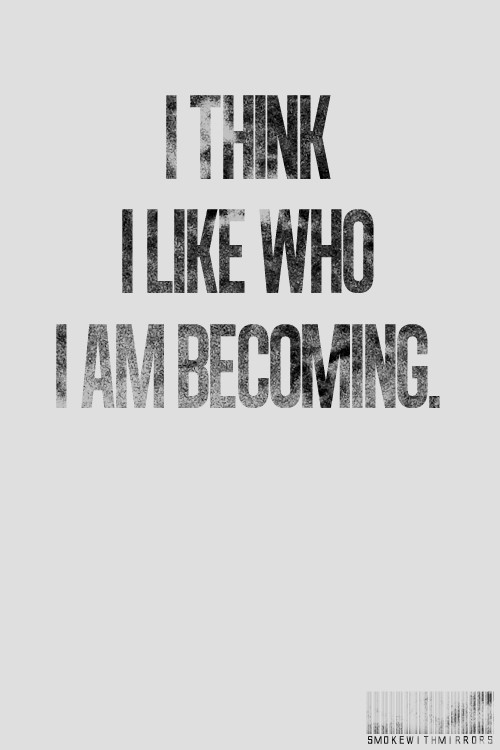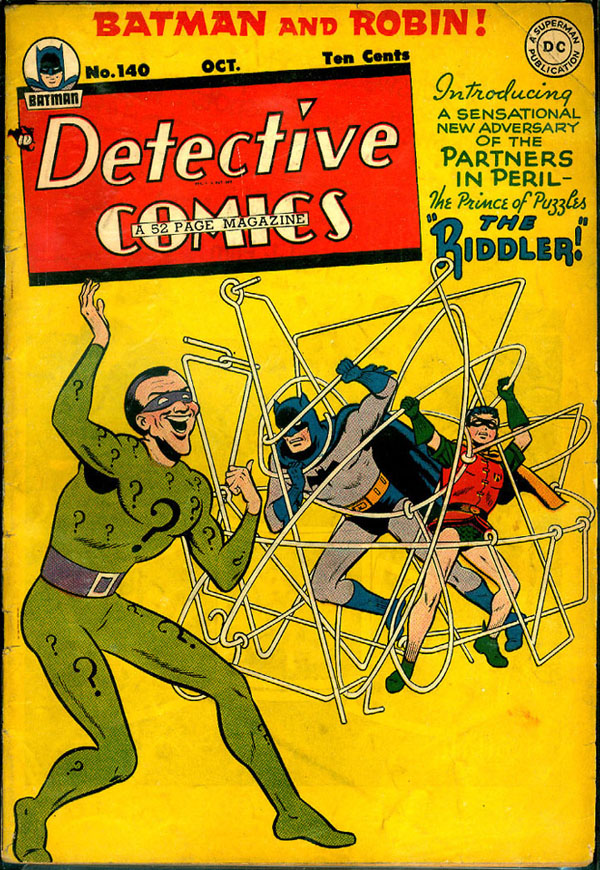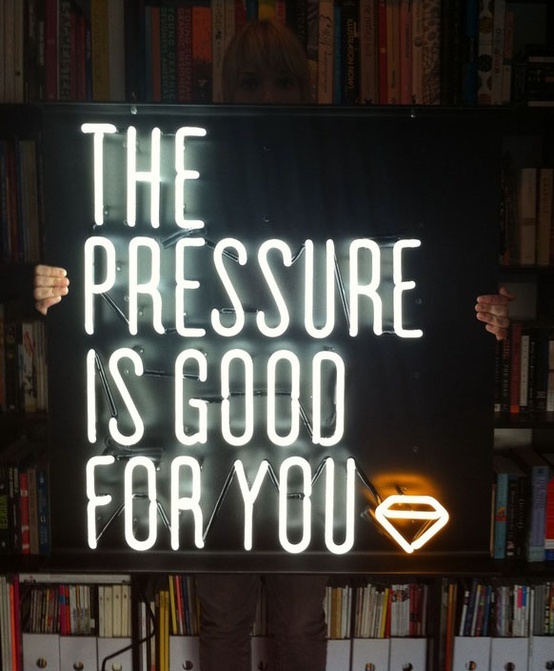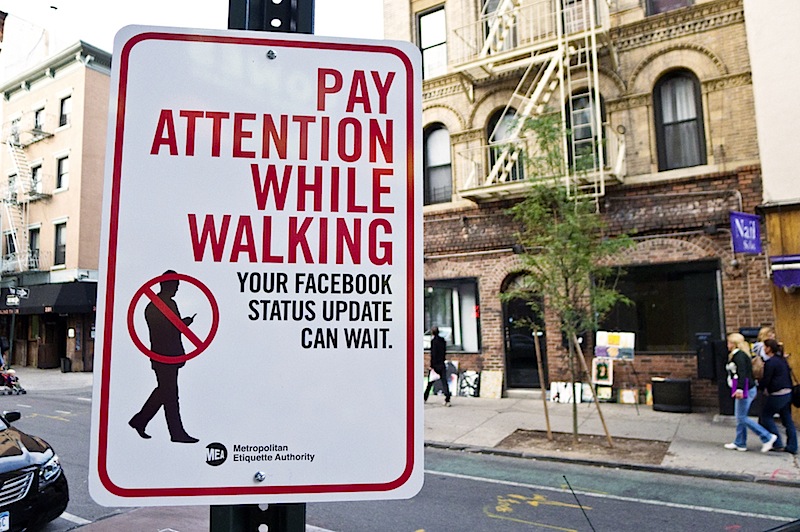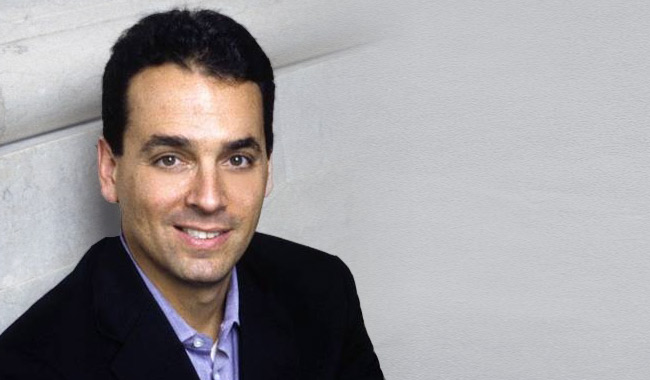Checklist: Are you doing these five things to increase your willpower?
bsp; In general, people have an overly positive vision of themselves and their abilities. What flaw are they most honest about? Self control. From Willpower: Resdiscovering the Greatest Human Strength: Of the two dozen “character strengths” listed in the researchers’ questionnaire, self-control was the one that people were least likely to recognize in themselves. Conversely, when people were asked about their failings, a lack of self-control was at the top of the list. So if this is something most people can agree on, what…
4 minutes
Interview – Three secrets to creativity you can learn from a writer on “Family Guy”
bsp; Andrew Goldberg and I met about 12 years ago when we were in grad school together. He was always funny but for the past five years that's been his full time job -- as a staff writer on "Family Guy." I talked to Andrew about creativity, comedy and why fatherhood is the best cure for procrastination. The full interview was over 30 minutes long so for brevity’s sake I’m only going to post highlights here. Subscribers to my free weekly…
11 minutes
Which character in “The Breakfast Club” were you in high school? (It can predict who you’ll be as an adult.)
ich character in "The Breakfast Club" did you resemble the most as a tenth grader? The answer often predicts adult personality: In 2000, three psychologists presented a paper titled “Peer Crowd-Based Identities and Adjustment: Pathways of Jocks, Princesses, Brains, Basket-Cases, and Criminals,” which asked a large sample of tenth-graders which of the five characters from The Breakfast Club they most considered themselves to be, and then checked back in with them at 24. The categories were “immensely predictive,” according to Jacquelynne Eccles,…
4 minutes
How do you get people to support your goals?
bsp; People want to feel that they're a part of something. They want to feel a thing is theirs, that they contributed, and that they have some ownership of it. These may seem like platitudes but research is showing just how important these feelings are to leadership, influence and motivation. Duke University behavioral economist Dan Ariely discusses this in his book: The Upside of Irrationality: The Unexpected Benefits of Defying Logic at Work and at Home. Years ago, Pillsbury noticed that…
3 minutes
What’s the most important question you should be asking?
bsp; I don't spend nearly enough time on Quora. There's some great stuff there, including a crowdsourced list of thoughts on "What is the single most illuminating question I can ask someone?" Some of my favorites from the answer wiki: "What's the most unexpected thing you've learned along the way?" "If you could call yourself five years ago and had 30 seconds, what would you say?" What would you do with your time if you could afford to quit your job?…
4 minutes
What does it take to have a happy and meaningful life?
bsp; Roy Baumeister (author of Willpower), Jennifer Aaker (author of the Dragonfly Effect), Kathleen Vohs and Emily Garbinsky have a new paper that explores the similarities and differences between happy and meaningful lives. Here are some highlights from the research: 1) Happiness and meaningfulness are related, but distinct. Happiness and meaningfulness were substantially and positively intercorrelated. As Table 1 shows, the correlations in the two surveys were .63 and .70. Thus, in this sample, being happy and regarding one’s life as…
5 minutes
Why doesn’t anyone pay attention?
e world just gets more and more busy but your brain was never designed to pay attention to multiple things. Via Brain Rules: 12 Principles for Surviving and Thriving at Work, Home, and School: We are biologically incapable of processing attention-rich inputs simultaneously. Nothing proves this like the research of Dan Simons, one of the authors of The Invisible Gorilla: How Our Intuitions Deceive Us. If you're not familar with his work on attention, check out the two videos below. Pretty fascinating: (50% of…
3 minutes
Dan Pink Explains The Secrets Of Influence
n Pink is the NYT bestselling author of one of my favorite books: Drive: The Surprising Truth About What Motivates Us (notes here.) His phenomenal TED talk has over 4 million views: His latest book is To Sell is Human, where he dives into the science of sales and explains how we can all learn to be better at influencing others. The full interview was over an hour long so for brevity’s sake I’m only going to post highlights here.…
6 minutes
